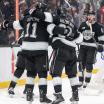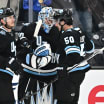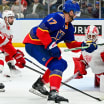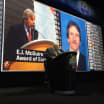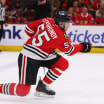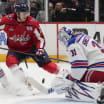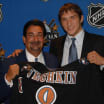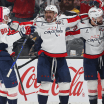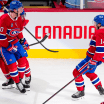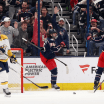ANAHEIM -- The Anaheim Ducks were swept in the
Stanley Cup Playoffs
for the first time since 1999.
The San Jose Sharks won four straight in their best-of-7 Western Conference First Round series to join the Detroit Red Wings as the only teams to sweep Anaheim in the postseason. The Ducks lost four straight games to the Red Wings in the 1997 Western Conference Semifinals and the 1999 Western Conference Quarterfinals.
Ducks didn't get enough from top line in first-round loss to Sharks
Absence of Fowler, problems on penalty kill contributed to playoff sweep
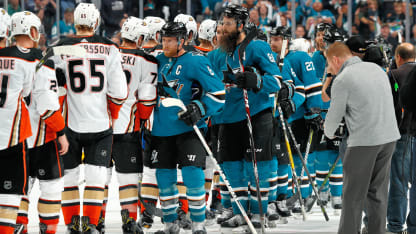
© Scott Dinn/Getty Images
